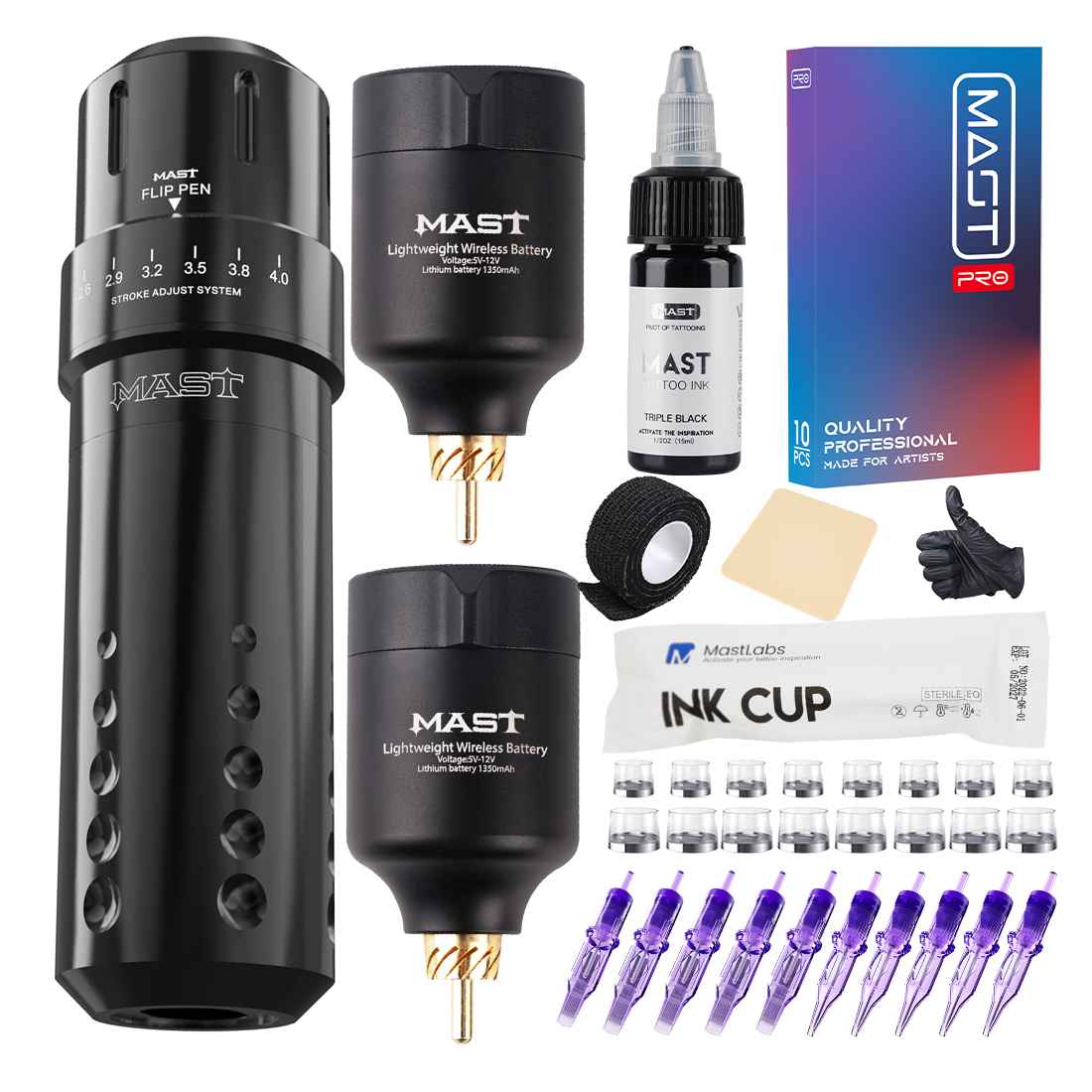Caring for a new tattoo includes keeping it moisturized with a gentle lotion during healing. A common product many people have on hand is Jergens moisturizer. But is it safe to use on fresh ink? Can I use Jergens on my tattoo? These are questions being raised all the time.
This article provides researched insight on how suitable Jergens lotions are for tattoo aftercare. We’ll analyze the ingredients, potential benefits, risks and concerns, recommended precautions, and professional consensus on using Jergens on healing tattoos.
Key Characteristics of Jergens Lotions
Jergens offers several moisturizer formulas. Primary ingredients in Original Scent Jergens include:
– Mineral Oil – Provides hydrating emollient effects by trapping moisture in the skin.
– Glycerin – Draws in and binds water to the skin using natural humectant properties.
– Petrolatum – Forms a hydrophobic barrier to seal in skin’s natural moisture.
– Fragrance – Masks the oilier scent profile with a mix of synthetic aroma chemicals.
Other versions contain additional compounds like dyes, alpha hydroxy acids, vitamin E, and shimmer mica.
Also Read: Will Gabapentin Help With Tattoo Pain? A Shocking Revelation
Analyzing the Benefits of Using Jergens on Tattoos
Several common ingredients offer potential upsides when used carefully on healing tattoos:
– Occlusive Effect – Petrolatum and mineral oil seal in the skin’s natural moisture and prevent water loss through evaporation. This supports cellular regeneration.
– Soothing Relief – Emollients provide a soothing effect on the tender, inflamed skin surrounding fresh tattoos.
– Reduced Itching – Moisturizing can relieve the itching sensation caused by the normal scabbing and peeling process as a tattoo heals.
– Restored Suppleness – Glycerin draws hydration into the layers of damaged epidermal tissue, improving flexibility and suppleness.
– Ink and Scab Retention – The protective film helps keep scabs from lifting prematurely, retaining more ink pigments in the dermis.
With cautious use, certain Jergens ingredients can aid the healing process. However, risks also need consideration.
Examining the Potential Risks of Using Jergens on Tattoos
Several precautions regarding Jergens use of tattoos should be noted:
– Allergic Reactions – Ingredients like fragrance oils, dyes, and alcohol could irritate tattooed skin in those with sensitivities.
– Clogged Pores – The heavier occlusive ingredients may lead to congestion, pimples, and infection for some skin types.
– Excessive Moisture – Overhydrating can result in weeping plasma, ink runoff, and poor scab formation.
– Inhibited Healing – Petrolatum prevents oxygenation, which may counter the need for fresh skin exposure during healing.
– Ink Distortion – Emollients can pull certain ink pigments upward, causing blurred or muted results during critical settling periods.
While not problematic for everyone, these potential issues should be considered before applying Jergens lotion to a fresh tattoo.
Also Read: Is Dermasil Good for Tattoos? Analyzing Effectiveness and Safety
Recommended Precautions When Using Jergens on Tattoos
To utilize Jergens lotion as safely as possible on new ink, experts advise:
– Perform a Patch Test – Apply a small dab on an older tattoo daily for a week, checking for any adverse skin reaction before broader use.
– Use Fragrance-Free Versions – Skip scented varieties to avoid possible skin irritation and sensitization.
– Avoid Alcohol-Based Types – The alcohol can dry out healing skin; select nourishing, hydrating formulas only.
– Apply a Thin Layer – Use the minimum amount needed to moisturize, as excess can clog pores.
– Ensure Proper Healing First – Wait until scabbing completes and a protective barrier forms before applying lotions.
– Spot Check Effects – Assess for problems like condensed pigment, blurred lines, weeping, and raised scabbing.
With prudent use on properly healing skin, Jergens lotions can potentially be integrated into tattoo aftercare.
Also Read: Can I Use CeraVe Face Wash on My Tattoo? Find Out the Alarming Truth
Perspectives on Using Jergens for Tattoo Aftercare
Within the tattoo community, Jergens receives mixed reviews regarding tattoo usage:
– “I recommend lighter, unscented Jergens for basic moisturizing only after initial healing when scabbing is complete.” – Lola, Tattoo Artist
– “I’ve used Jergens for years on my tattoos without issue. The key is applying it sparingly after the first couple weeks.” – Mike, Tattoo Enthusiast
– “Petrolatum-heavy products can pull ink upward, so I advise clients to avoid Jergens early in the healing process.” – Jasper, Tattoo Artist
– “If my clients insist on using Jergens, I have them wait a full month until the tattoo is more stable under the skin.” – Nina, Tattoo Parlor Owner
– “I prefer something gentler without fragrances and oils, but Jergens works fine for many people if used cautiously.” – Zadie, Tattoo Artist
While not ideal for everyone, with smart precautions, Jergens moisturizer may be an acceptable option in tattoo aftercare for some.
Also Read: Is Hawink Tattoo Ink Safe? A Close Look at Ingredients, Testing, and Long-Term Risks
Signs of Adverse Effects From Using Jergens on Tattoos
Discontinue use if any of the following are observed:
– Redness, Warmth, Swelling – Signals potential developing infection or irritation.
– Weeping/Leaking Plasma – Excess moisture is seeping out rather than being absorbed.
– Blurred or Muted Ink – Colors appear faded or indistinct, signaling distorted pigment.
– Raised Scabbing – Petrolatum is sealing in fluid and preventing proper scab drying.
– Sudden Onset Itching – An allergic response may be occurring, causing severe itching.
– Clogged Pores, Blemishes – Signs of congestion and acne indicate pores are blocked.
– Delayed Healing – Lingering tenderness, raw skin, and oozing several weeks beyond normal indicate impaired healing.
If any adverse effects develop, stop using the product on the tattoo and see a dermatologist promptly.
Also Read: Is Hawink Tattoo Ink Good? An In-Depth Look at Quality, Safety, and Reviews
The Takeaway: Can I Use Jergens on My Tattoo
Back to the question, “Can I use Jergens on my tattoo?” With careful use at the right healing stages, Jergens moisturizer may provide soothing hydration for some new simple tattoos.
However, even Original Scent Jergens contains concerning ingredients like fragrances when it comes to compromised skin. For the safest results, reputable tattoo artists recommend unscented, ink-friendly lotions instead.
Overall, cautious late-stage application of Jergens may aid healing comfort for established tattoos in healthy individuals if closely monitored for reactions. But milder, cleaner alternatives remain the first choice for newly-inked aftercare.
FAQ About Using Jergens on Tattoos
Does Jergens clog pores and cause pimples on tattoos?
Yes, the heavier petrolatum-based formula can clog pores in oily and acne-prone skin, leading to pimples on a new tattoo. Lighter lotions are preferable.
Can you put Jergens on a new tattoo once the scab falls off?
It’s best to wait at least two weeks after the scab naturally sloughs off before applying any thicker moisturizers to allow deeper healing first.
Is Jergens lotion good for tattoo scabbing?
No, Jergens and petrolatum-heavy ointments in general are not recommended during the scabbing and flaking phase as they can seal in fluids and inhibit proper drying.
Should you use Jergens Daily Moisturizer or Original Scent Jergens on tattoos?
The fragrance-free Daily Moisturizer would be gentler. But an unscented intensive skin therapy moisturizer is ideal for tattoos rather than any Jergens products.
Can Jergens fade or ruin a new tattoo?
Overuse may potentially distort colors but is unlikely to fade or ruin a tattoo significantly. However, if adverse effects occur, stop using it.
Does Jergens help tattoos heal faster?
No, Jergens does not improve the healing speed or process. Gentle hydration helps soothe and protect healing skin but does not accelerate regeneration.
Is it OK to use Jergens on a tattoo every day?
It’s best to use only sparingly 1-2 times per day once scabbing is completed to avoid congestion and overhydration issues during the first month of healing.






